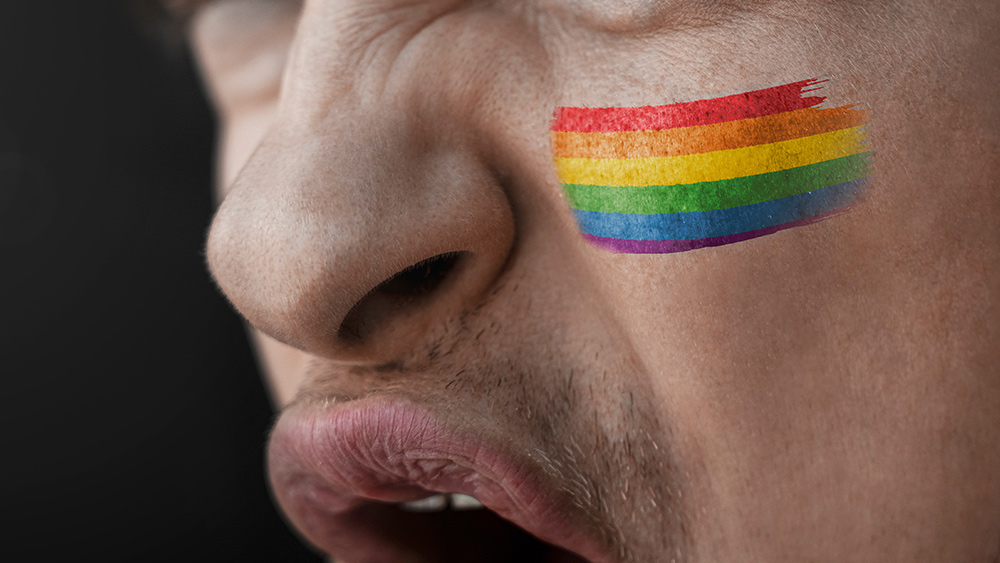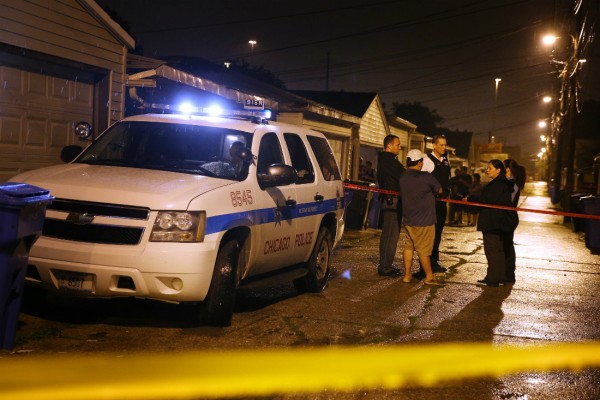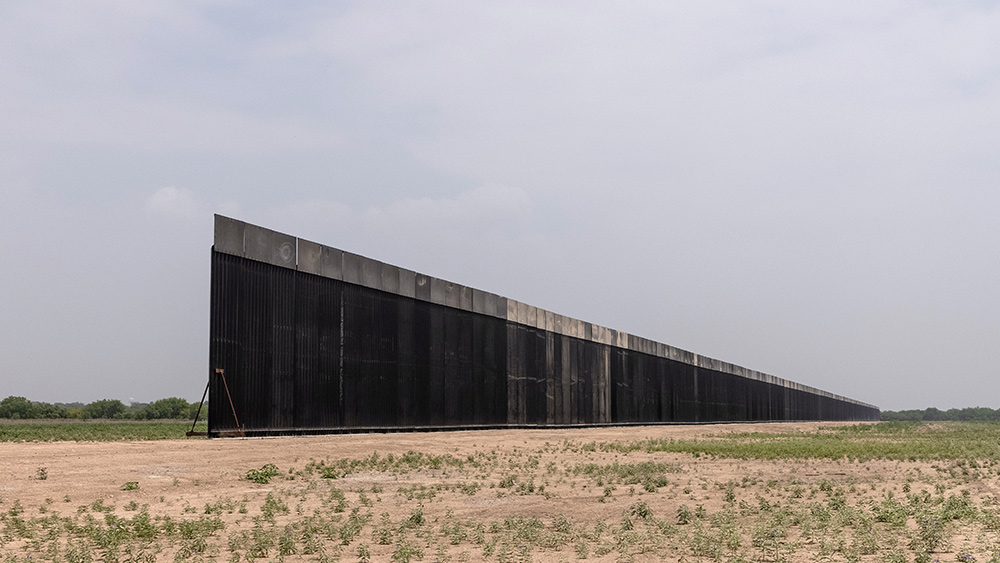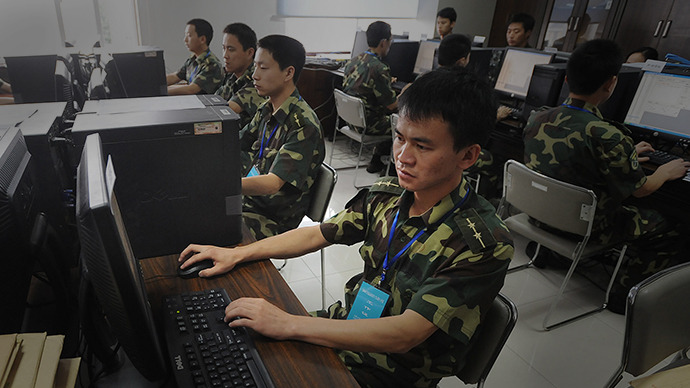 Parler
Parler Gab
Gab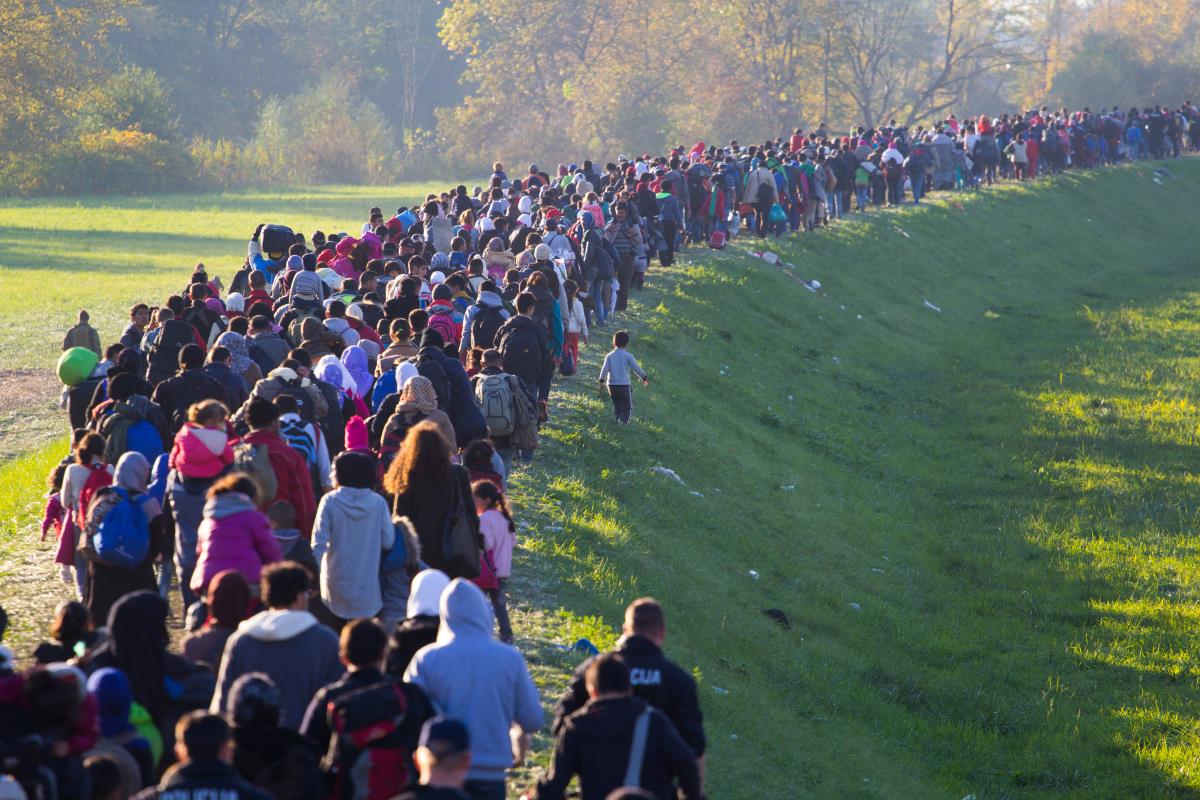
When I wrote my book, I started with these reports to emphasize how big a problem it is. Besides, it’s part of my job to help victims. I know many victims. I met many of them after the attacks, but in order to understand the seriousness of the problem, I also need to talk about those I knew before they became victims of brutal attacks. I can name quite a few people who were killed on their farms, along with family members and friends who became survivors. I had a friend in high school who left home at night and suddenly someone shot him in the head while on the phone. My father’s cousin was brutally murdered; they started beating him with stones and then pierced his skull with a pitchfork.
The victims of one of the most brutal farm murders were the parents of one woman I knew. They tied ropes around their necks and dragged them up and down the house. The woman’s father was murdered by pushing a shower head down his throat and shooting hot water into his stomach, causing severe internal burns. He was eventually shot dead with a shotgun.
And these are just a few cases out of many. Some were burned to death with torches, some were tied to the back of the car and dragged until they died, others had machetes pressed to their throats, others were dismembered. It’s horrible how creative the killers are.
Roets dedicated his book to the memory of Wilmien Potgieter, who was just two years old when she and her entire family were murdered. The little girl had returned home with her family when the father was attacked, stabbed 151 times with a pitchfork, a knife and a machete, and then left to die in the garden with a pitchfork sticking in his neck. The murder took place in front of the wife and the daughter, with the little girl shot before her own mother, after which, the mother was dragged from the house, made to kneel, and also shot. “It’s so horrible you don’t even want to think about it, but there are also more stories involving children,” said Roets.Whites are increasingly self-reliant in South Africa
Roets describes the various problems the minority Boer community faces in South Africa, including intense levels of discrimination, which Roets says is born out of envy. Despite this discrimination, the White community has far better outcomes in many cases. “In my opinion, our government is not really efficient and incompetent, but our community is quite successful, and this is where the conflict comes from, i.e., envy. At the same time, part of the problem is that the government tries to use us as scapegoats and blames us for the country’s problems,” he said. The South African says that one of the fundamental areas of conflict is between the different outcomes of the Black community and the Boers.“Let’s look at the statistics. In Hungary, there are 0.8 murders per 100,000 people per year; worldwide, I think the average is around six. However, most criminologists say that the situation is the worst in South Africa, which is why the country is called the capital of murder. More than 20,000 murders are committed in the country every year.
Then, according to some analysts, the South African education system is the worst, about 80 percent of the country’s schools are dysfunctional. On the other hand, our community has very good schools, universities, and private universities, which are on the same level as European institutions. Another problem is unemployment, which depends on how you measure it, but it is around 40 percent, but in our community, it is only around 8 percent. There are clear differences in the listed areas: While in the rest of the country there are successive failures, we record successes one after the other.
Decades after White rule was ended in South Africa, the country is in shambles, with widespread theft and corruption at all levels of government, along with a breakdown in public services, including the most basic ones such as electricity and trash collection. “Now, one of the biggest problems is electricity, in which the government has a monopoly, so only the government can supply electricity, but this does not happen in practice. There is no electricity for several hours a day. There is a phone application, through which we can track when there will be a power outage, for example, tomorrow between two and five in the afternoon,” Roets said. He said that the Boer communities are installing their own solar panels to generate their own electricity and taking other measures to increase independence, including setting up entirely self-run institutions. He said that the general situation for the Boers is “very good and very bad at the same time.”“It is very bad because the South African system is on the verge of collapse and there are no signs that the country will recover from this crisis. And the number of protests about the state of public debt, corruption, crime, and education is on the rise. All indicators indicate that the country is heading in the wrong direction. We have built institutions within our community, thereby also protecting ourselves. If the state fails, we have to survive. We have our own schools, universities, cultural organizations and economic organizations. We have more than 20 community institutions, which cannot solve all the problems, but they help us survive.
Who are the Boers?
Many are still unaware of what the Boer community actually is, with Roets saying they are also known as Afrikaners, which is a cultural community mainly from South Africa, but which has roots in the Dutch, German, and French populations who settled in South Africa. “But we also consider ourselves Africans because of our identity. So, we are no longer Dutch, German, or French, we are a separate nation with close ties to Africa and the West. In South Africa, a new government was established in the 1990s, and at that time the ideology spread that we could all give up our own cultural identity and thus become the same. This process was valid not only for us, but also for other communities, but it did not work.” Roets says that he is overall an optimist and believes the situation for the Boers will improve, but says he also has to be realistic. He said that although the situation is bad, and more and more Boers are leaving the country, they have remained resilient. “Our culture is strong, our sense of identity is strong. We want to survive. That’s a lot of us, about 2.7 million of us,” he said. “Like the Hungarians, we live scattered, but in an even larger area than the Hungarians, and we are a minority everywhere.” He said that Boers need to start living closer together until they are the majority in a certain area of South Africa. He said that in the meantime, representatives from South Africa’s Boer community are trying to raise awareness about the situation they are facing, especially with an international audience:“We know people will be poorer, we know they will be angrier and angrier at the South African government, and we know they will blame us for more failures as the government becomes more and more incompetent. Corruption and crime will grow, and the situation in the country will become even worse. Our institutions, on the other hand, are becoming stronger and stronger, while I see a political vacuum emerging. People leave the ruling party, but they don’t want to stand behind the opposition either. In a certain sense, it is an exaggeration, but according to some points of view, we are entering a post-state society: the state is collapsing, but there is no alternative solution to replace it. I don’t know if that will happen, but I think it might.”
Although Roets’ warnings may seem alarmist to some, demographic transformation is well underway in Europe and has been for decades. As Remix News has previously reported, now one-in-five French newborns have Muslim names, countries like Norway and the U.K. are predicted to have a minority native population in the next decades, and many European cities have already crossed this tipping point in recent years. Read more at: RMX.newsOakland residents now demanding CLIMATE REPARATIONS because of rising sea levels
By Ethan Huff // Share
LGBT perverts threaten to BOMB Target stores for removing pedophilia pride wear for children
By Ethan Huff // Share
Community activists demand VIOLENCE in Chicago be treated as public health emergency
By Laura Harris // Share
Governments continue to obscure COVID-19 vaccine data amid rising concerns over excess deaths
By patricklewis // Share
Tech giant Microsoft backs EXTINCTION with its support of carbon capture programs
By ramontomeydw // Share
Germany to resume arms exports to Israel despite repeated ceasefire violations
By isabelle // Share

